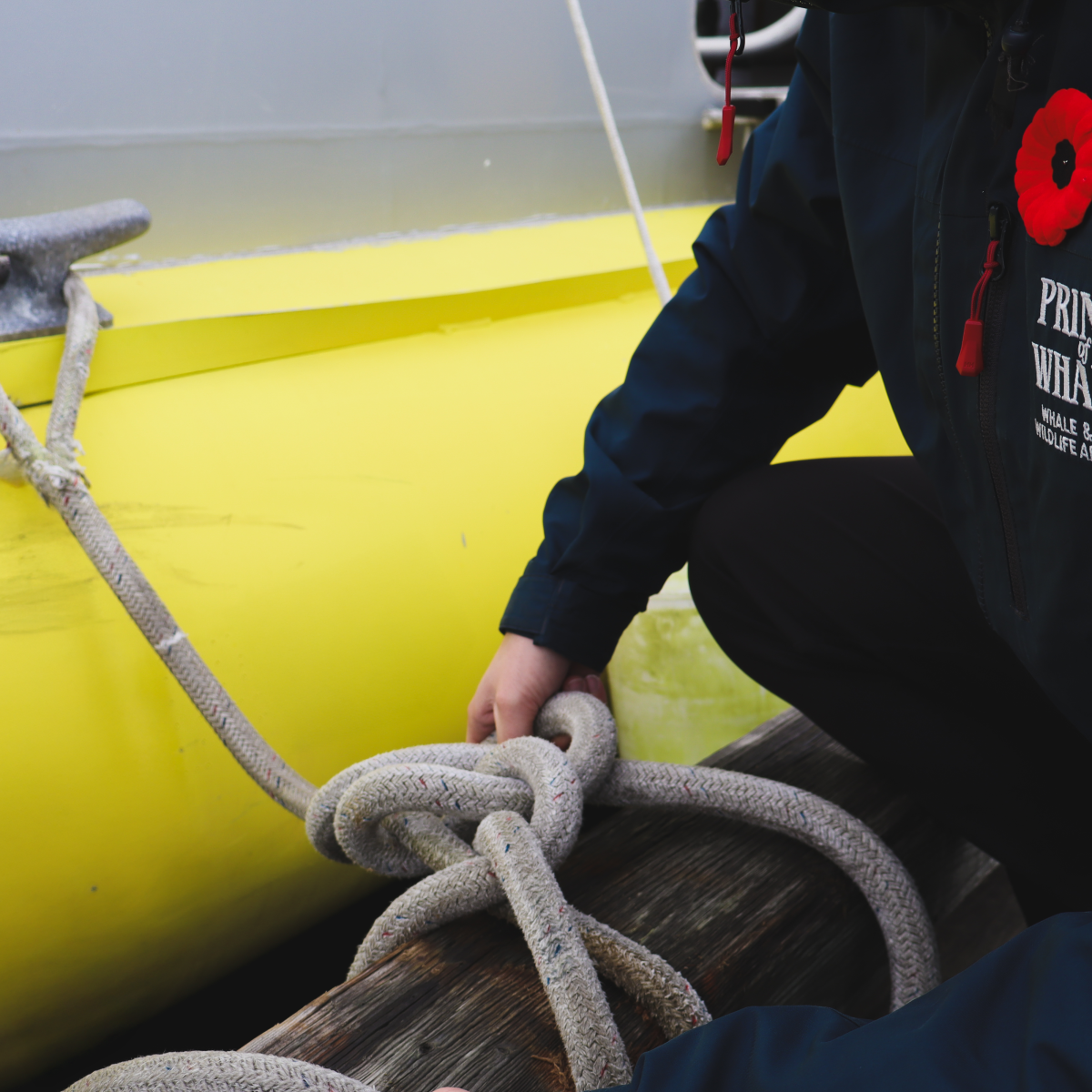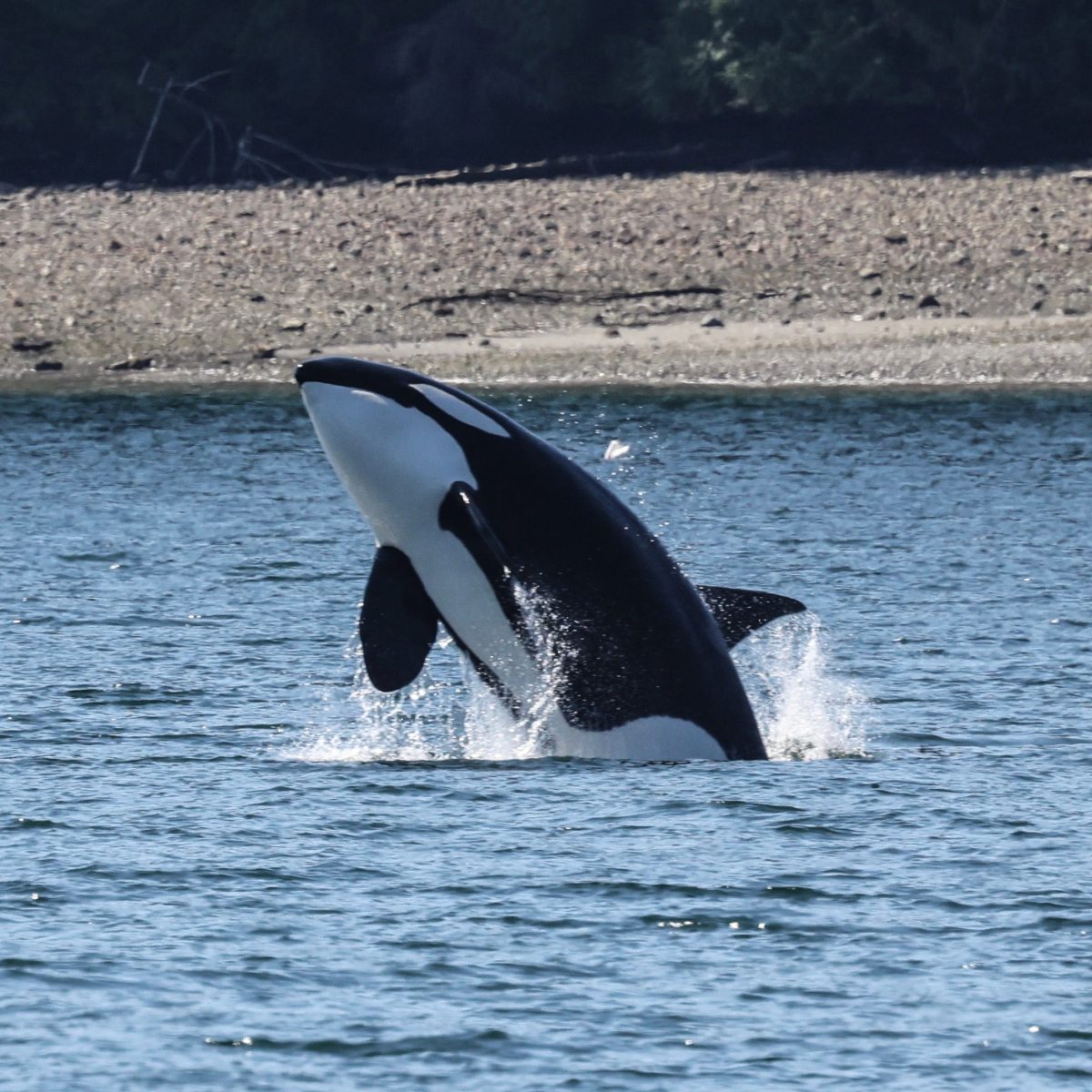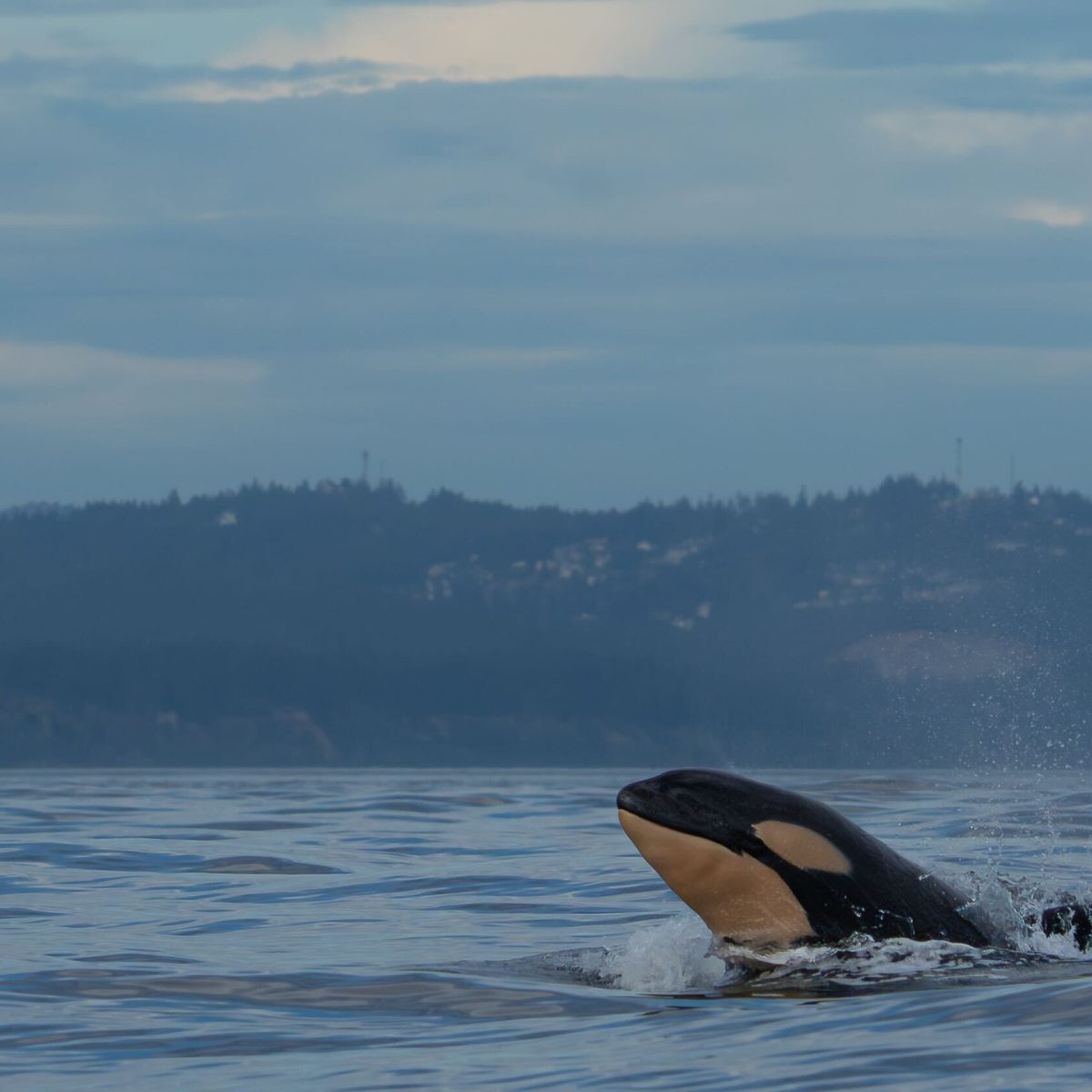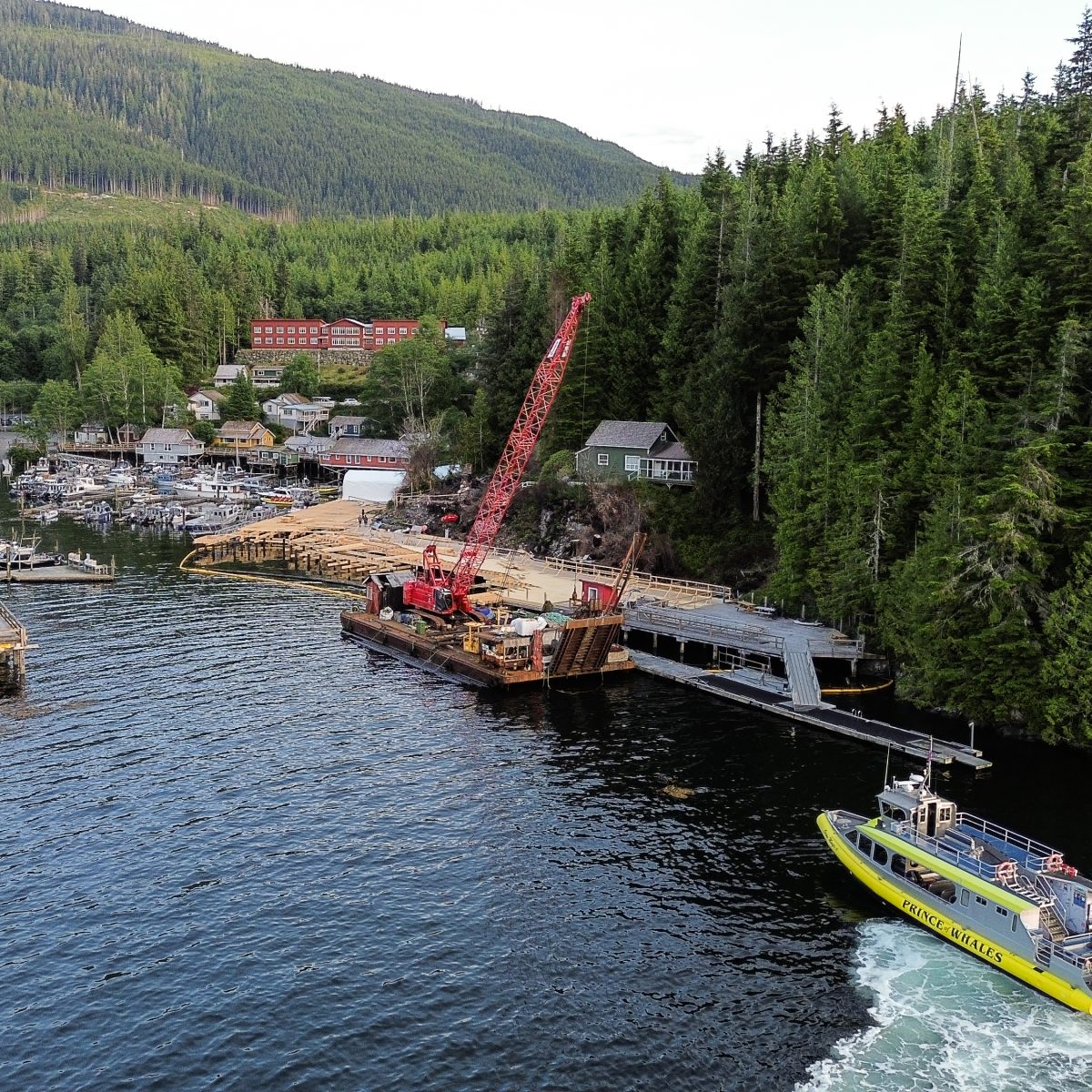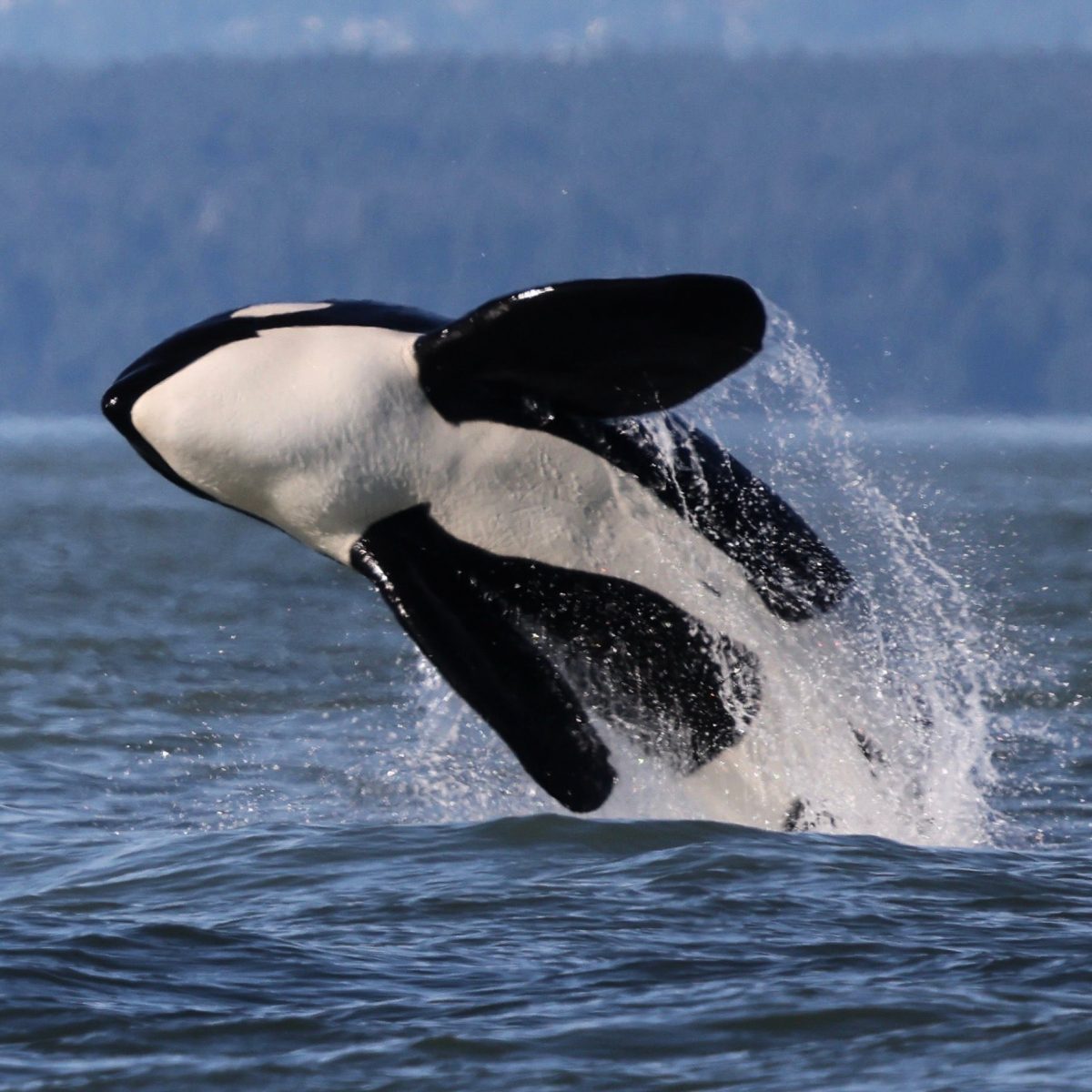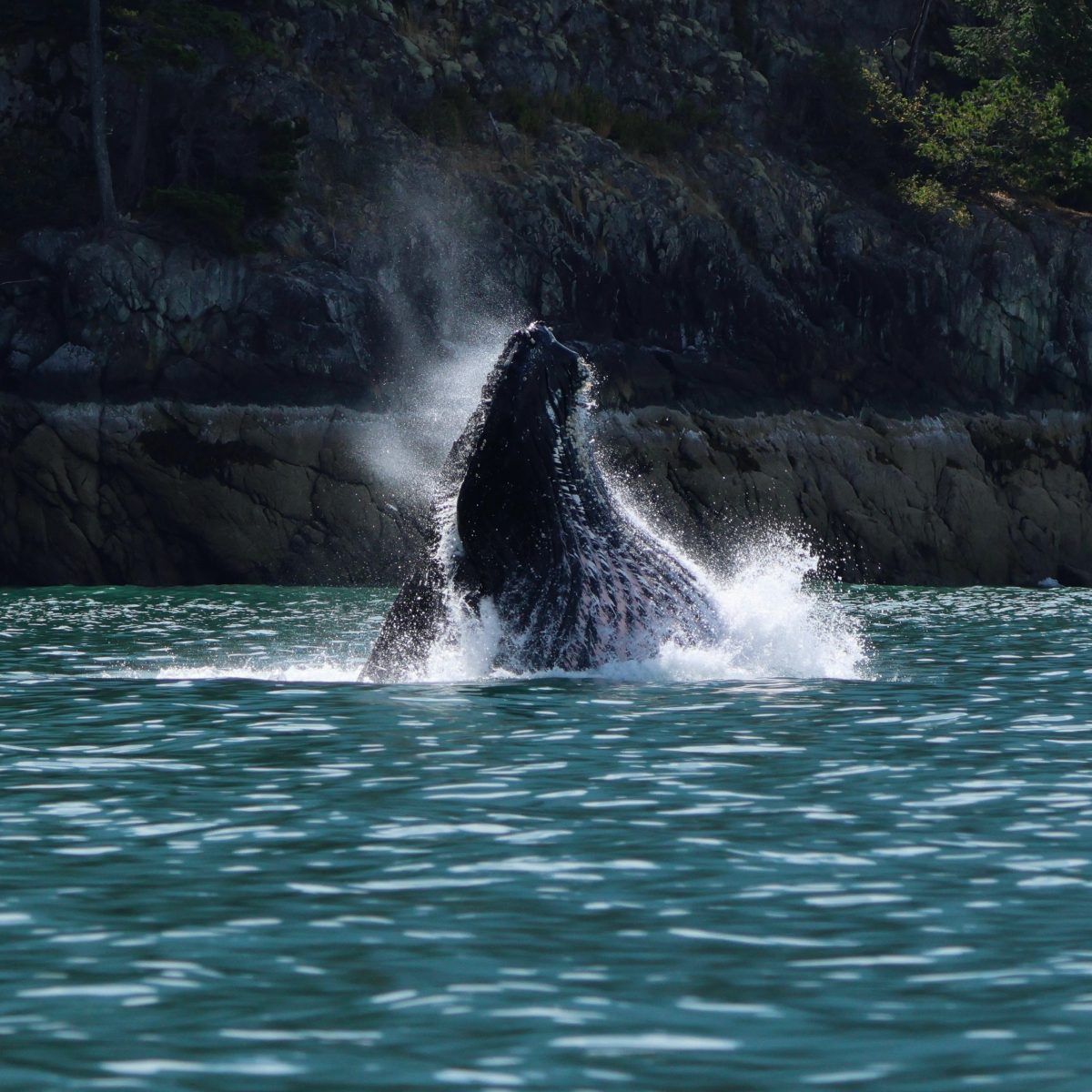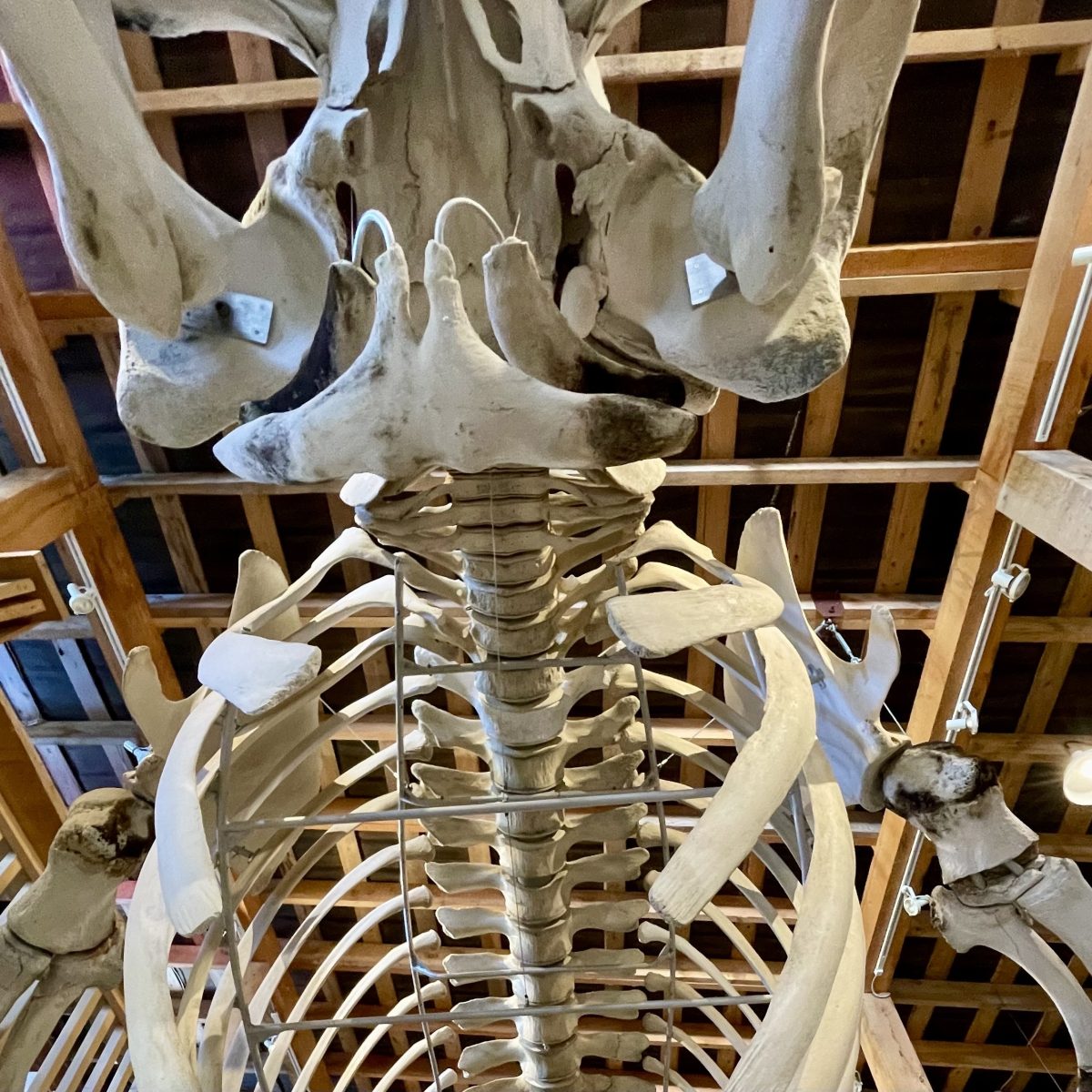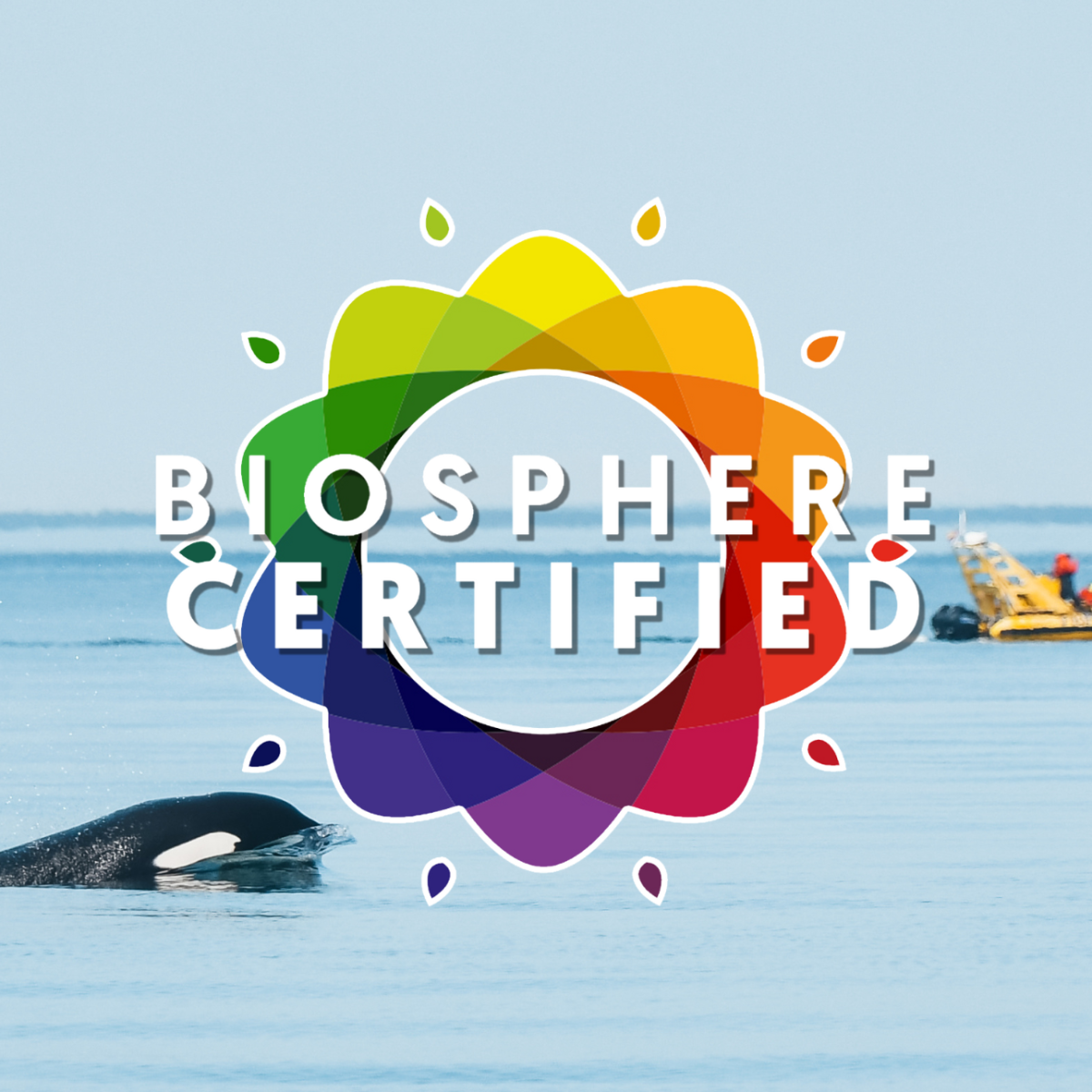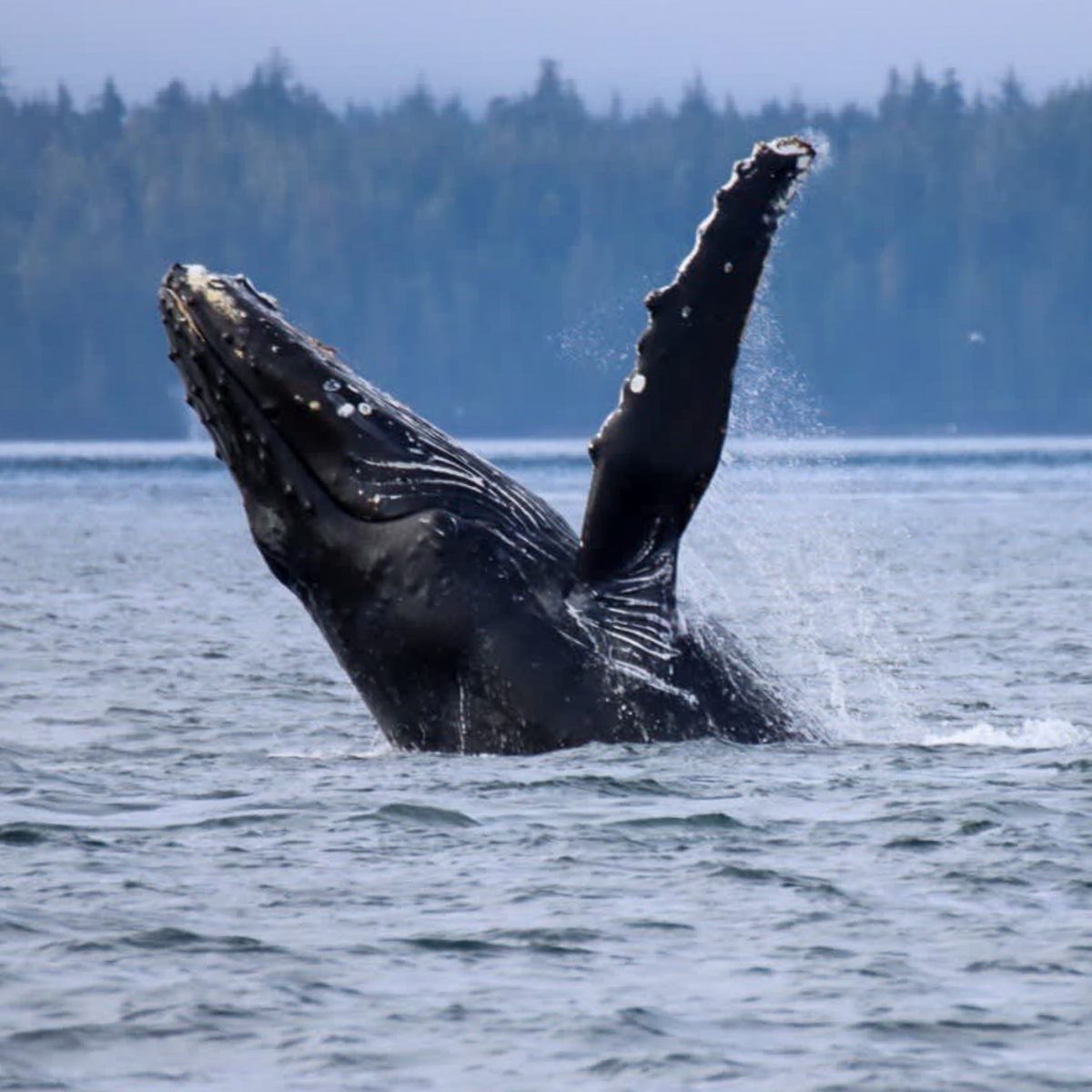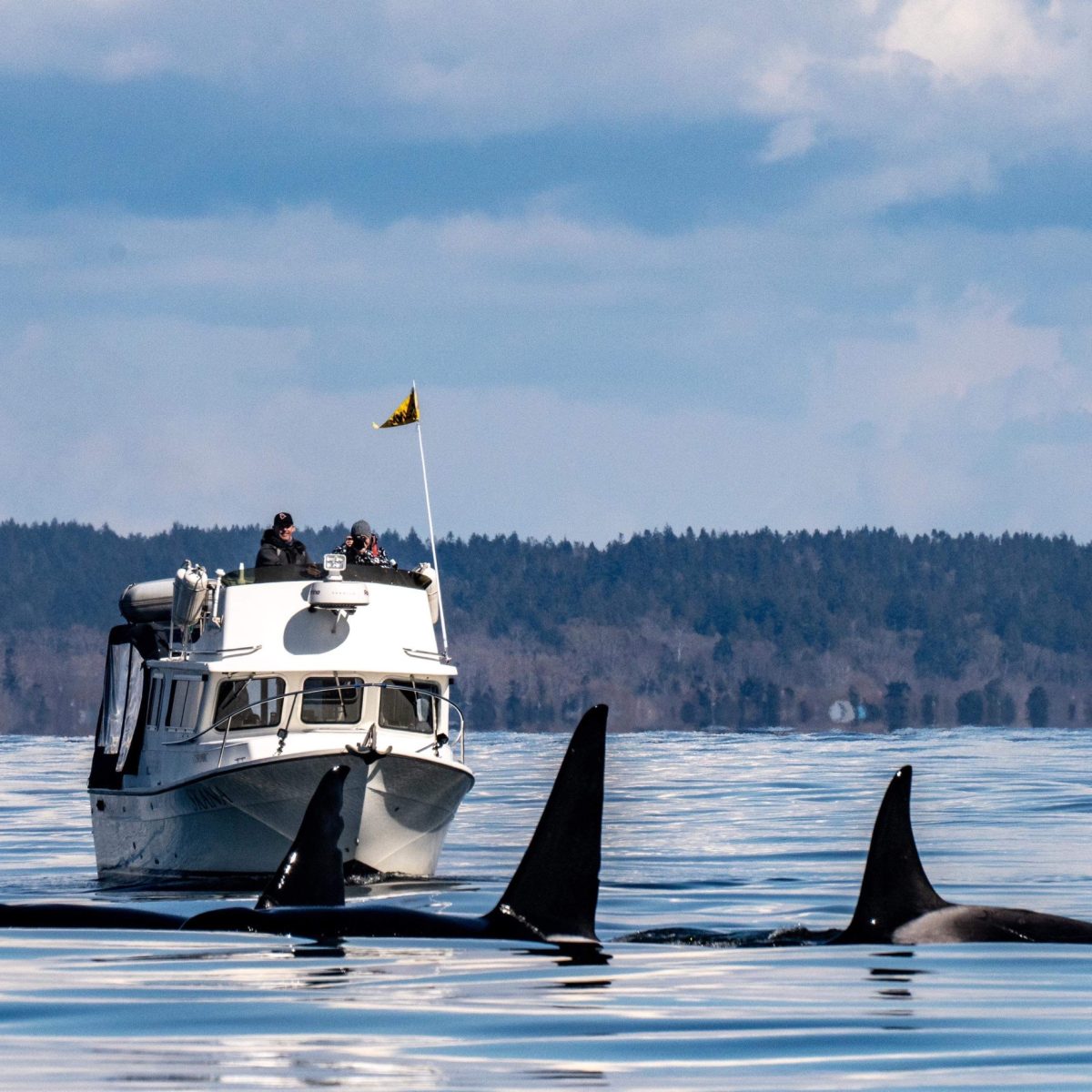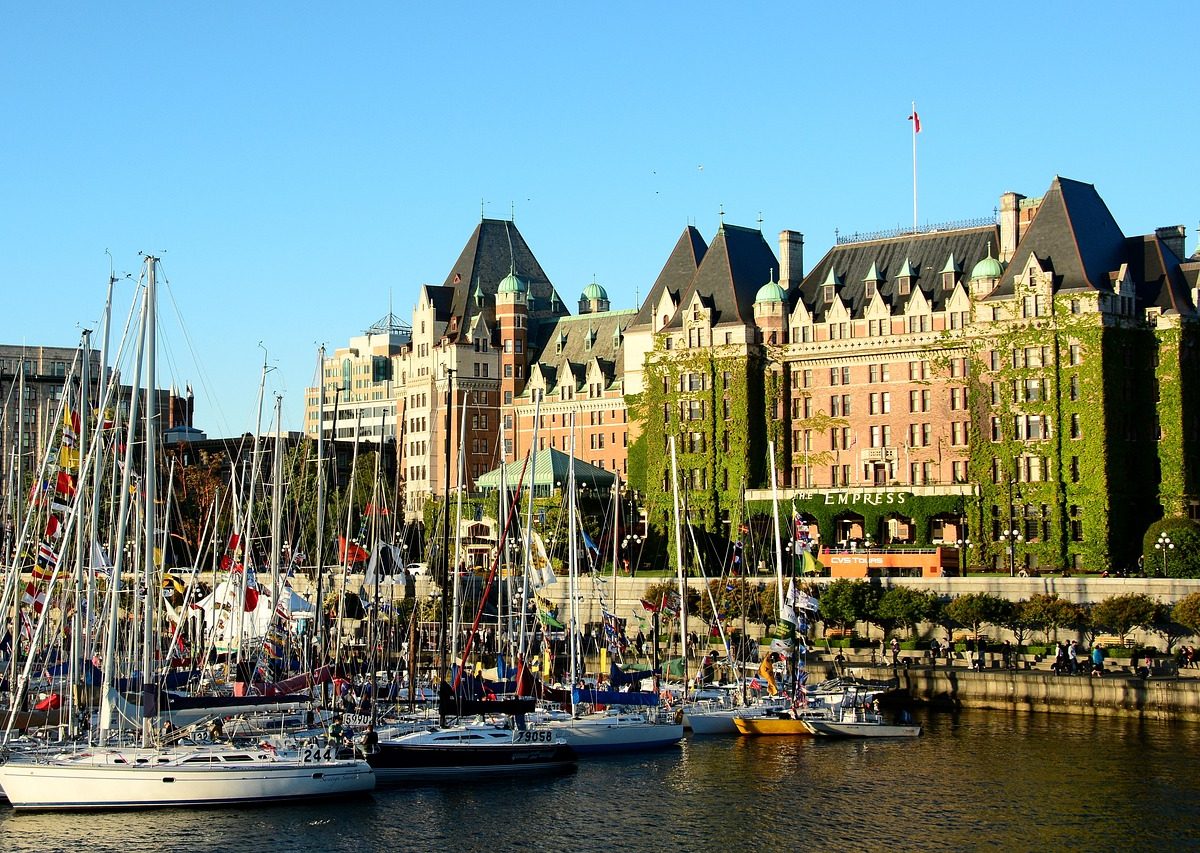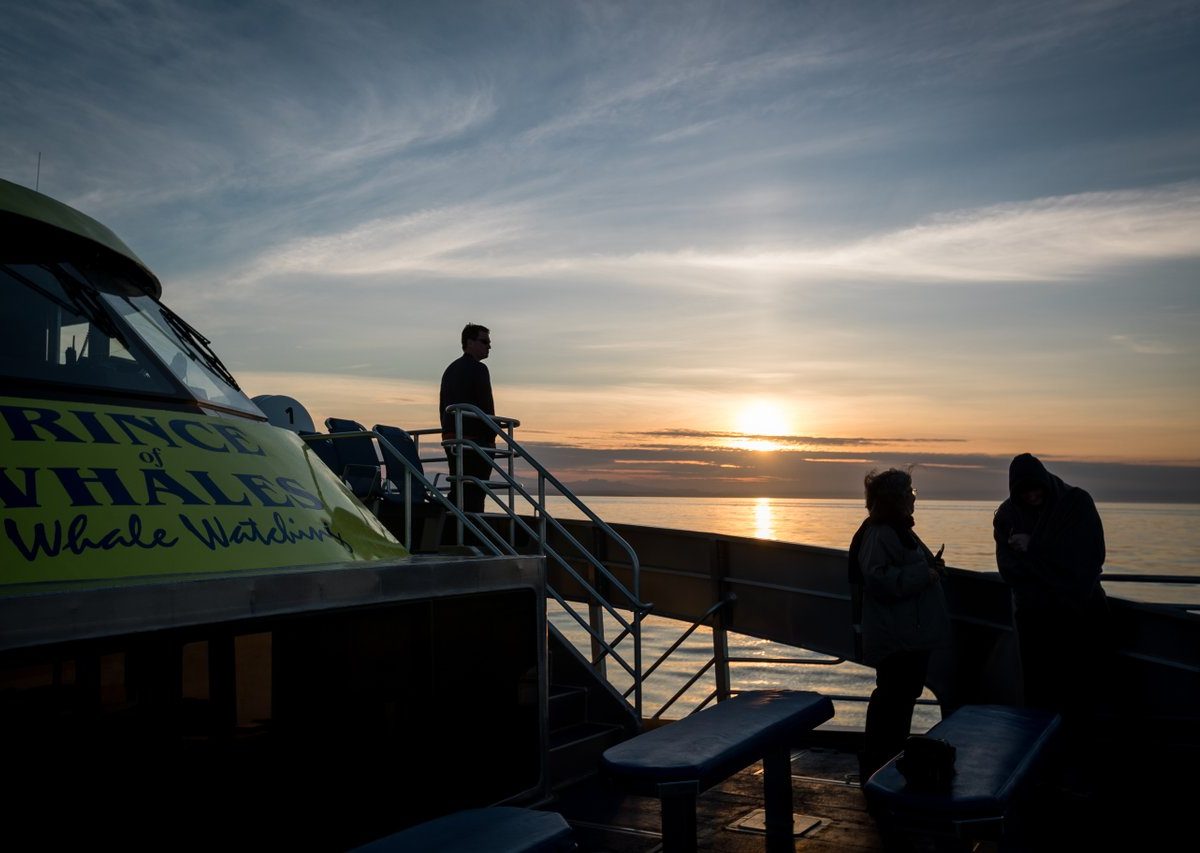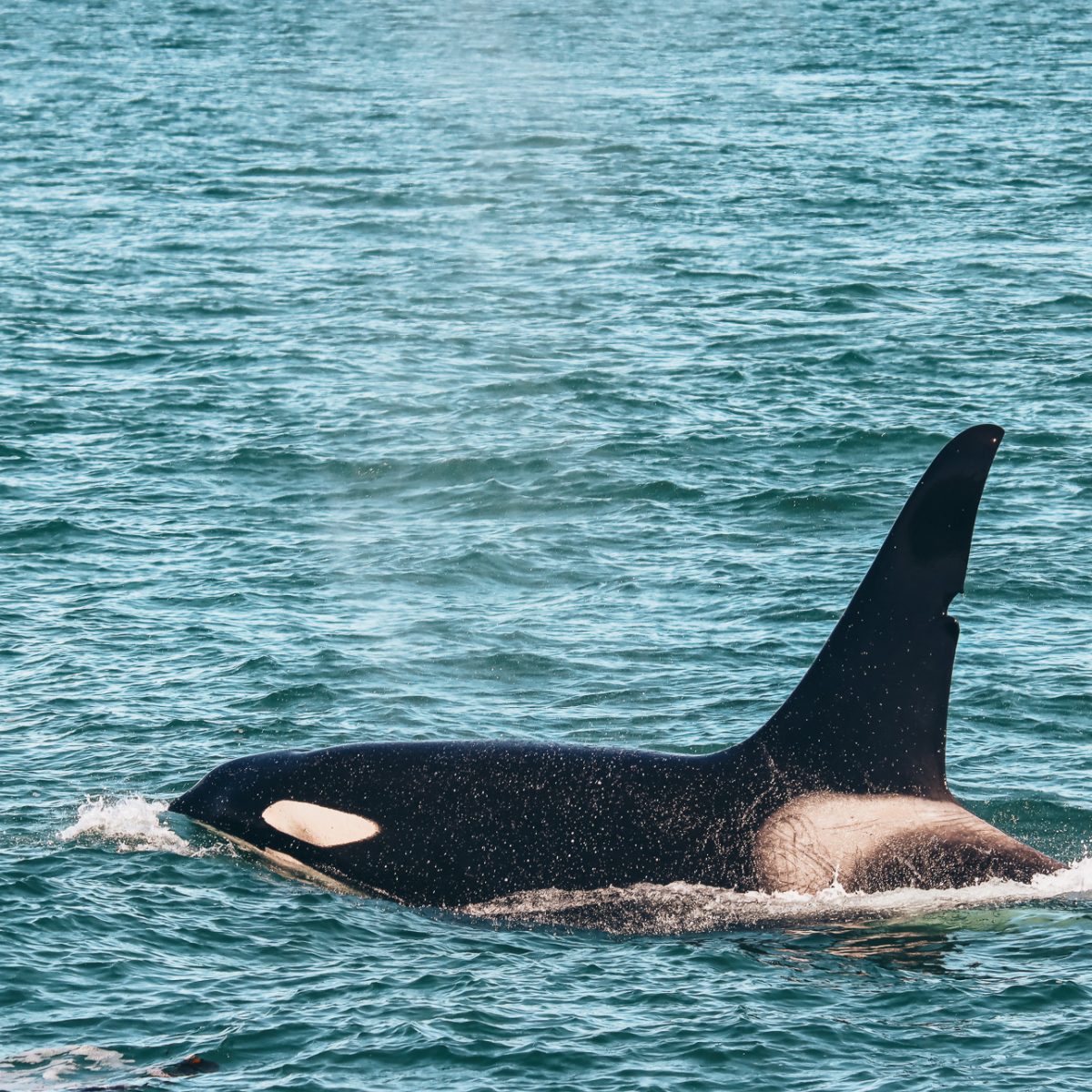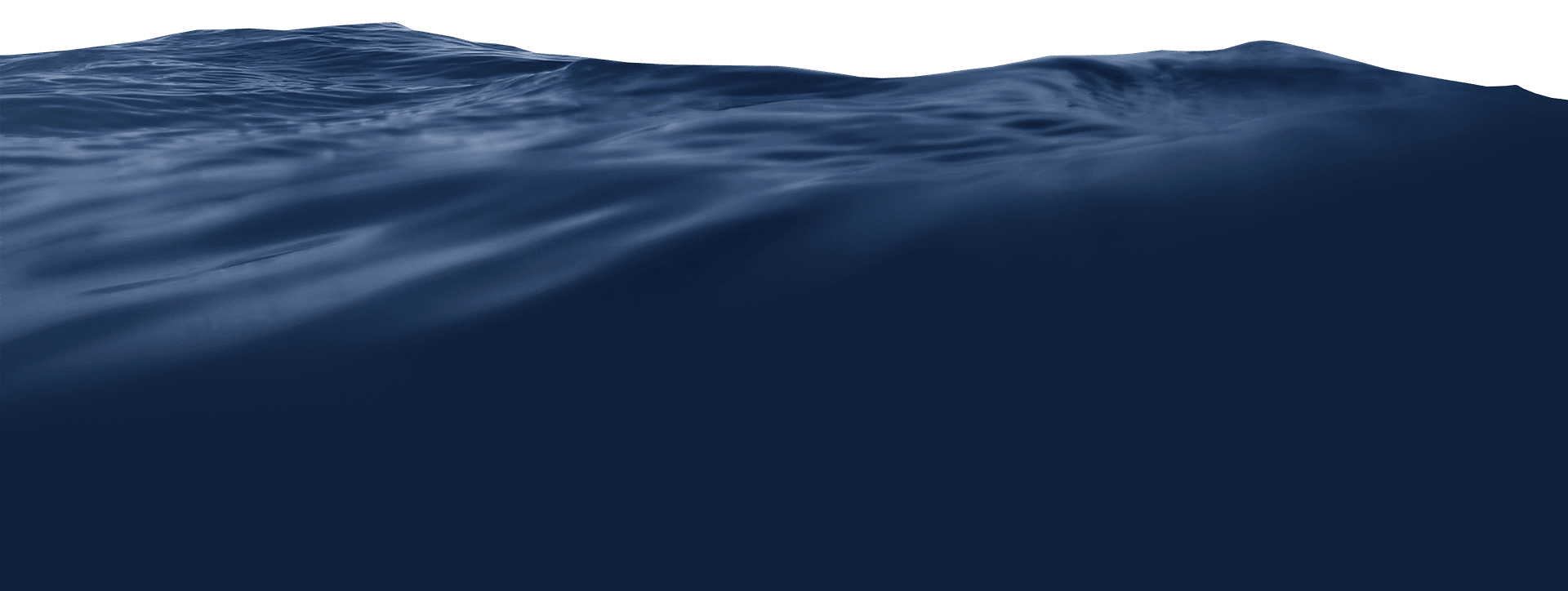
Winter Foraging Discoveries from the Salish Sea and Howe Sound
At Prince of Whales, our commitment extends far beyond simply observing marine life; we actively champion the well-being of whales and their ocean home. This dedication is clearly demonstrated through our ongoing investment in crucial winter research. In 2025, we have proudly contributed a total of $40,000 to OceanWise to go towards projects specifically designed to deepen our understanding of the winter habits and dietary needs of British Columbia’s most cherished marine mammals, the killer whales. These funds directly support the essential fieldwork and analysis necessary to address significant gaps in our knowledge about these fascinating creatures during a critical time of year.
Our collaborative approach to conservation is a cornerstone of our efforts. By partnering with leading researchers and organizations, we can leverage collective expertise and resources to achieve impactful results. We are thrilled to share the significant findings that have emerged from these partnerships. We now possess compelling scientific evidence confirming that the Northern Resident killer whale population, particularly individuals belonging to the A5 pod, relies on the Howe Sound area as a vital winter foraging ground. This discovery is based on the successful collection and meticulous analysis of eight prey samples obtained from this specific region. Fisheries and Oceans Canada (DFO) conducted a detailed analysis of these samples, definitively identifying all of them as Chinook salmon ranging from 2 to 5 years in age. This finding strongly reinforces the understanding that Chinook salmon within this particular age range constitute the preferred prey source for the Northern Resident killer whale population. Understanding these specific foraging locations and prey preferences is crucial for effective conservation strategies.
Adding another layer of excitement to these discoveries, researchers documented a small, secluded beach that members of the A5 pod regularly utilize for rubbing behaviour. This activity is not merely a physical cleansing but a culturally significant practice within the Northern Resident killer whale community. These rubbing sessions play a role in social bonding, communication, and potentially even the removal of parasites. Identifying such a specific site highlights the importance of preserving not only feeding grounds but also areas critical for these animals’ social and cultural well-being.
In contrast to the relatively consistent presence and foraging patterns observed in the Northern Resident population within Howe Sound, the Southern Resident killer whales have presented a greater challenge for researchers seeking to understand their winter activities. Last year, the primary focus of fieldwork was concentrated in the northern Strait of Georgia, based on previous patterns and expectations. However, the Southern Resident pods shifted their distribution, spending much of their time further south, primarily in the mid-to-lower Strait of Georgia and the Gulf Islands. Despite the logistical challenges posed by their more dispersed distribution, researchers successfully collected five prey samples. Notably, the analysis of these samples (except for the most recently collected batch, which is still undergoing analysis) has once again indicated a firm reliance on Chinook salmon within the same 2- to 5-year age range. This consistent dietary preference across both Northern and Southern Resident populations underscores the critical link between Chinook salmon availability and the health and survival of these endangered or threatened whales.
These critical discoveries collectively reinforce a simple yet profoundly impactful message: protecting and restoring Chinook salmon habitat is not just beneficial—it is essential for the long-term survival and recovery of killer whale populations in the region. The scientific evidence we are helping to uncover through our research partnerships provides crucial guidance for effective conservation measures to safeguard both Chinook salmon and the iconic killer whales that depend on them. We firmly believe that investing in this kind of research is vital to ensuring a healthy and thriving marine ecosystem for generations to come.
Our next blog post will delve into the fascinating and rapidly evolving world of cutting-edge whale research, specifically exploring the innovative techniques and potential of environmental DNA, or eDNA, analysis. Stay tuned to learn more about this exciting frontier in our efforts to understand and protect these magnificent marine creatures.
Read more about our work with OceanWise:


